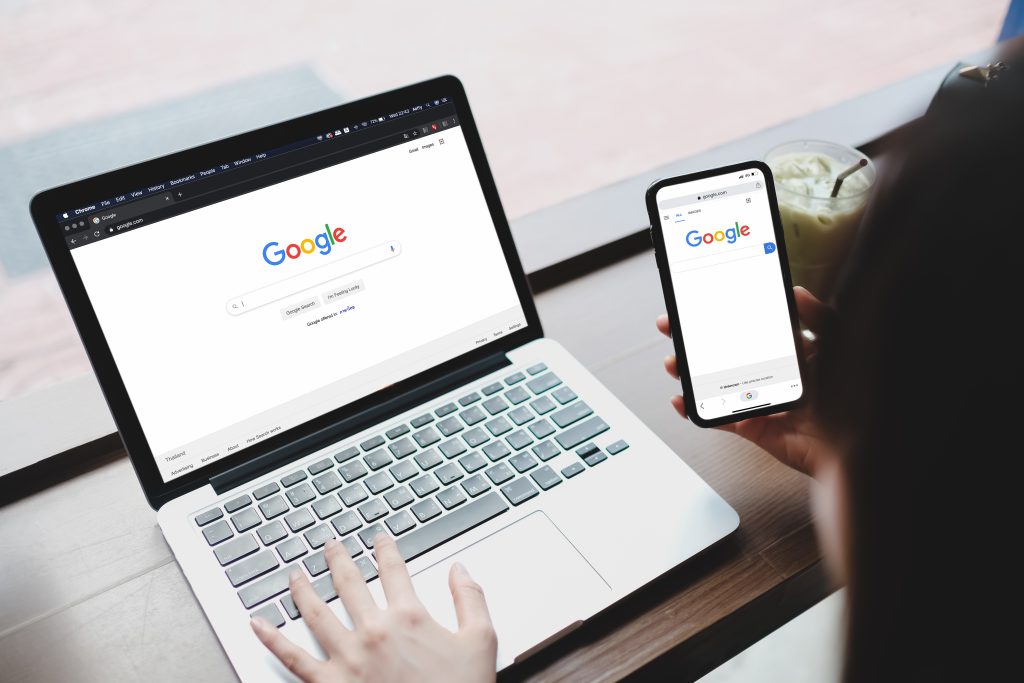
































A report by the US Public Interest Research Group (PIRG) called Chromebook Churn suggests that Chromebooks may not be a good deal in the long run. While Chromebooks are popular in schools due to their affordability, the report reveals that many of these devices purchased just three years ago are already breaking, resulting in electronic waste (e-waste) and increased costs for taxpayers. Repairability is another significant problem, with a lack of parts and high repair costs.
Furthermore, these devices have 'death dates' after which software updates end, making it difficult for schools to resell their devices. According to the report, if the lifespan of the Chromebooks sold in 2020 (approximately 31.8 million) was doubled, it could result in a reduction of 4.6 million tons of CO2e emissions, which is equivalent to removing 900,000 cars from the road for a year.
PIRG recommends that Google eliminate update expirations, increase the production of replacement parts by 10%, standardise parts across models, and allow consumers to install alternative operating systems. Google argues that it regularly updates the software to ensure that older devices continue functioning securely and reliably and that it works with device manufacturers to create more repairable and environmentally friendly products.
PIRG believes Google needs to improve its practices and calls for more durable and repairable laptops that families and school districts can count on.
 Hot Tags :
Development
Digital aspects and the environment
E-waste
Hot Tags :
Development
Digital aspects and the environment
E-waste